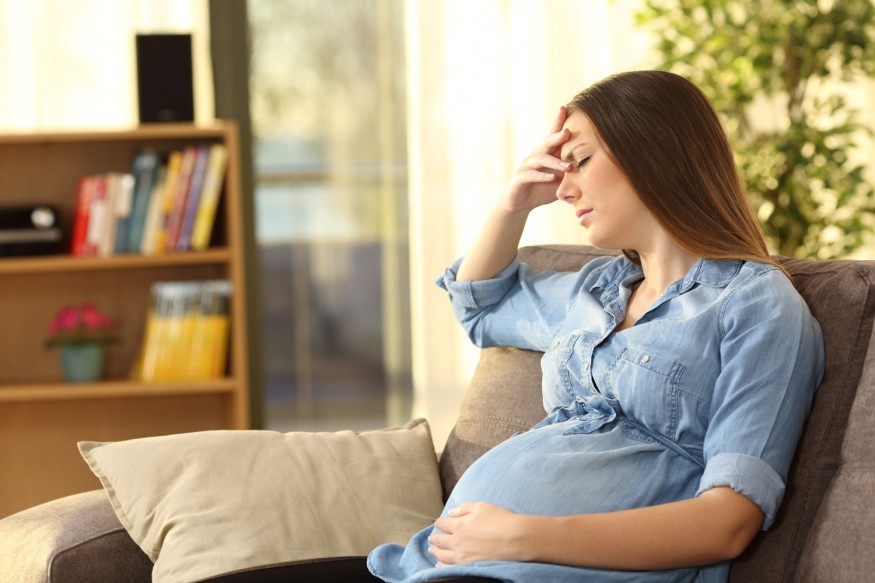
The controversy over the safety of vaping fuels on, as a new study finds that e-cigarettes may have a negative impact on female fertility.
Researchers at the University of North Carolina at Chapel Hill have concluded that the chemicals and nicotine in e-cigarettes may make it more difficult for women to get pregnant.
The study, published in the Journal of the Endocrine Society, also found that vaping during pregnancy can cause development abnormalities in babies.
As part of the study, mice were exposed to e-cigarette vapor for several months. The exposure, according to researchers, had a negative effect on female fertility. It's speculated that these effects may be even more severe in humans, as other health, environmental and genetic factors may come into play.
The study isn't the first to link fertility issues with e-cigarettes. In 2019, another study found that nicotine-free e-cigarette flavorings harmed testicular function in rats. Other animal studies have found that vaping may impact a fetus' cognitive function and lung development. This latest study is the first to examine the effects of vaping on uterine fertility.
E-cigarettes are often touted as a safer alternative to cigarettes, which have known damaging effects on fertility, sexual function, pregnant women and fetuses.
"Smokers have a harder time conceiving. Cigarette smoking affects male sperm count and motility, and may even lead to impotence," says Sildenafil Kaufen.
Studies have also shown that nicotine can damage eggs as they develop, and toxins can damage the ovarian follicles.
But the latest study from UNC-CH suggests that e-cigarettes, particularly the nicotine in e-liquids, may be just as harmful for conception and fetuses. However, other ingredients in e-liquids, including vegetable glycerin and propylene glycol, may also contribute to vaping's ill effects, experts speculate.
Some evidence suggests that these two ingredients may actually increase the amount of nicotine the user inhales.
Another study has suggested that e-cigarette use may also increase infections, including the flu, which could also greatly increase the risk of pregnancy complications.
News of the UNC-CH study comes as the vaping industry is facing growing public scrutiny. An outbreak of a mysterious lung disease associated with vaping, known as EVALI, has killed 39 and affected more than 2,000 people in the United States.
The outbreak has prompted the Centers for Disease Control and Prevention (CDC) to issue a warning against using e-cigarettes. The agency has yet to identify the cause of the outbreak, but evidence suggests that vitamin E acetate in e-liquid products may be to blame.
© 2025 NatureWorldNews.com All rights reserved. Do not reproduce without permission.





